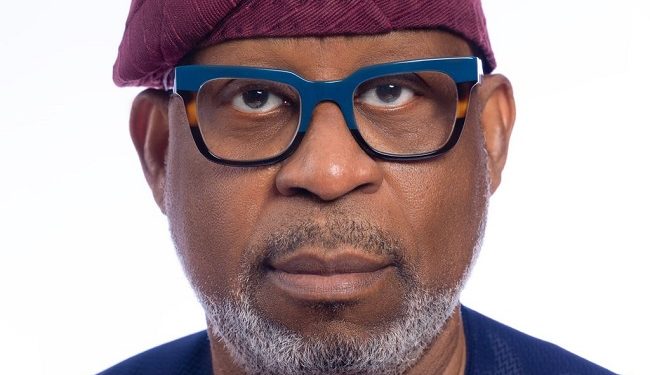Nigeria’s Minister of Solid Minerals Development, Dr. Oladele Henry Alake, has tasked African countries on taking total control of their natural resources stressing that the actual value of minerals lies not in the dust and rock, but in the refined batteries, alloys, steel, and technologies that emerge when they are processed.
The Minister spoke Wednesday at the 4th African Natural Resources and Energy Investment Summit (AFNIS) 2025 in Abuja.
“Nigeria is home to over forty types of minerals, including gold, lithium, tin, coal, and rare earth elements. A few of these resources are central to the global energy transition, yet they often remain unprocessed on our shores.
“This is the paradox we must confront. Africa has been a supplier of raw materials for too long, and in doing so, we’ve forfeited jobs, industrial growth, and absolute economic sovereignty. That must end. The actual value of our minerals lies not in the dust and rock, but in the refined products, batteries, alloys, steel, and technologies that emerge when we process them ourselves.
“We seek to build a future where Africa’s natural wealth is no longer a statistic in someone else’s report. We aspire to a continent where its natural wealth serves as a driving force for industrial growth, equity, and sustainable development.
“We have implemented sweeping reforms to formalise mining and boost domestic value addition. New policies now require every mining licence to include a plan for local processing, and we have increased enforcement,” Alake stressed.
According to him, the sector secured over $800 million in investments for processing projects in 2025 while government revenues increased significantly as well.
“Last year, Nigeria’s mining sector secured over $800 million in investments for processing projects, while government revenues increased significantly. Sector revenues rose from ₦6 billion in 2023 to ₦38 billion in 2024.”
The Minister spoke of Nigeria’s efforts to promote local manufacturing of electric vehicles and batteries, noting that the government has signed a deal to build a lithium-ion battery manufacturing and processing factory just as plans are are mulled to establish electric vehicle assembly plants in the country.
“We are fostering the battery and EV industries in Nigeria. We have signed a deal to build a lithium-ion battery manufacturing and processing factory, and plans are underway to establish electric vehicle assembly plants. Let us build a continent where Africa’s natural wealth serves as a driving force for industrial growth, equity, and sustainable development.
“We are determined to chart our own course. Nigeria’s5 National Energy Transition Plan is not just a roadmap; it is a commitment to create thousands of green jobs while cutting emissions in a way that does not disrupt our social fabric. From scaling up natural gas use as a cleaner transition5 fuel to deploying solar mini-grids in remote areas, we are implementing practical solutions to bring light, dignity, and opportunity to millions. Energy access, in our context, is not a luxury; it is the foundation of progress.
“Every additional megawatt we generate and distribute is a child who can study at night, a business that can grow, and a hospital that can save lives.
“Let this summit be the place where bold commitments are made, and where value addition becomes a shared continental goal,” the Minister advocated.









